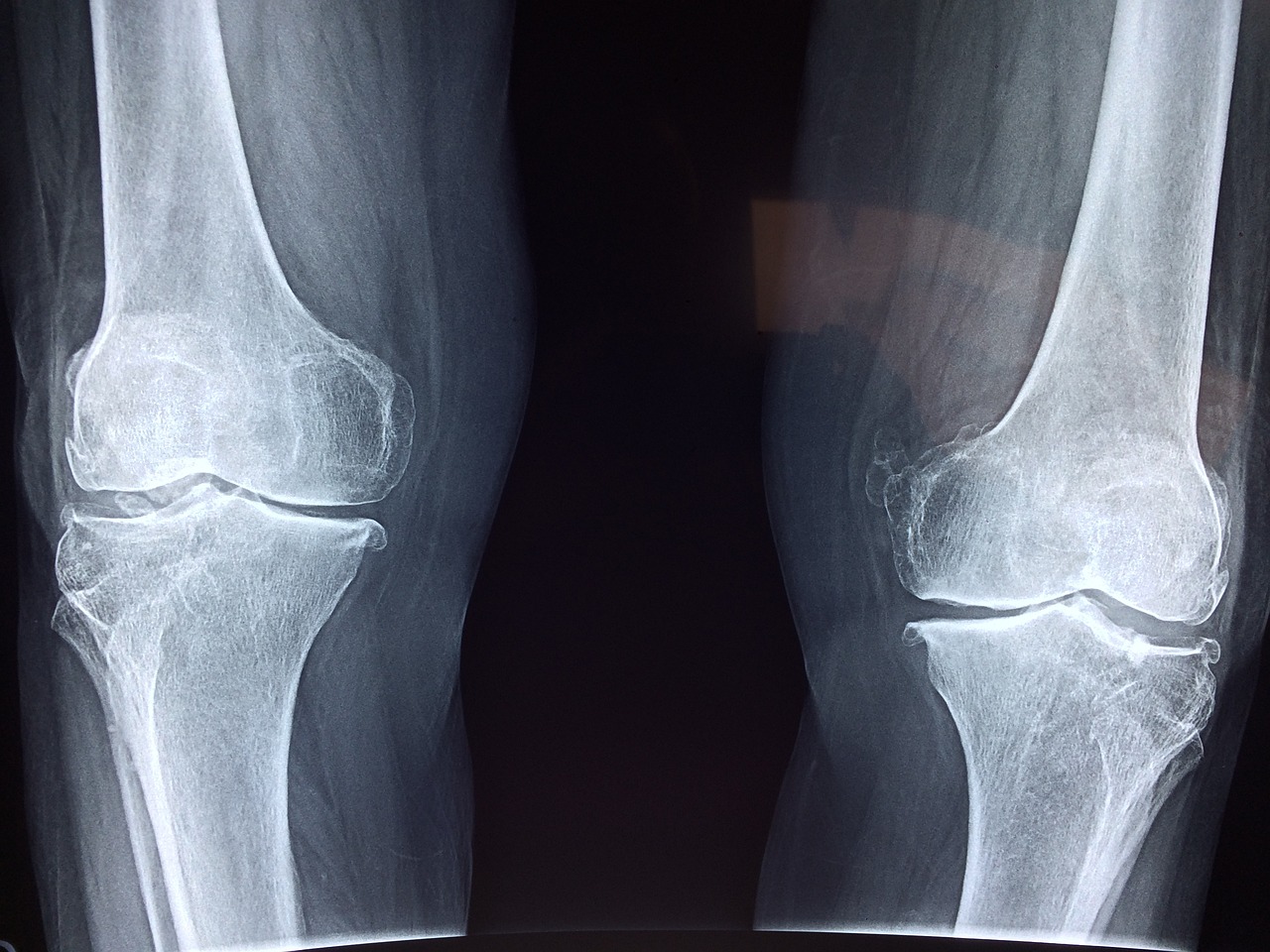Article Title:Patients' rights and the law of contract in eighteenth-century England
Abstract:
This study of 34 lawsuits between practitioners and patients shows how the law relating to contracts was brought to bear on conflicts over medical practice in eighteenth-century England. It shows that patients in this period had rights, and explores them through the practice of the courts. The article illuminates two substantial changes: the decline of the contract of cure, and the creation of the patient's right to disregard bills for fees fi-om physicians and apothecaries. It argues that the common law created a medical market-place that was differentiated by the legal status of the patient, and that this affected the character of many healing relationships, even though the legal scrutiny of a patient-practitioner encounter was a relatively infrequent occurrence. The inability of married women and miners to make contracts, along with the legal and customary responsibility of employers for the health of servants and apprentices, meant that many patients in eighteenth-century England were not the autonomous consumers of medical care that existing histories of the patient in this period suggest. The essay thus investigates the impact of the law on the culture of medicine, whilst using legal sources to address questions about power in healing relationships.
Keywords: patients; contracts; law; fees; professional identities; servants; medical marketplace; malpractice; medical ethics; venereal disease; eighteenth century
DOI: 10.1093/shm/13.3.381
Source:SOCIAL HISTORY OF MEDICINE
Welcome to correct the error, please contact email: humanisticspider@gmail.com



